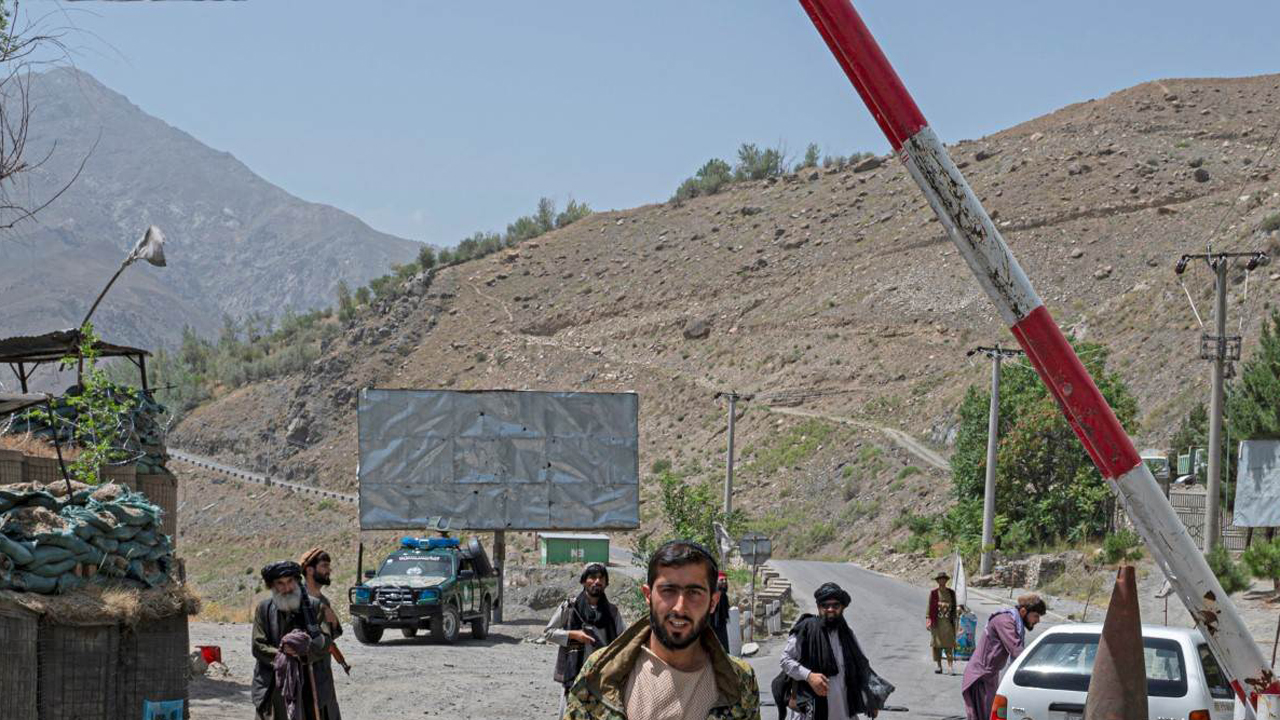
Gunfire erupted between Afghanistan and Pakistan border forces on Monday after Taliban authorities shut the country’s busiest crossing with its eastern neighbour, officials said.
Relations between the countries have been testy since the Taliban took Kabul in August 2021, with Islamabad accusing its neighbour of harbouring armed groups that have carried out strikes on its soil.
There have been frequent flare-ups along the mostly mountainous border splitting the countries — which no Afghan government has ever recognised — including sporadic gunfights and crossing closures.
A Pakistani official told AFP the Torkham crossing, equidistant between Kabul and Islamabad, was shut late Sunday after Pakistani officials turned away a traveller accompanying a medical patient.
On Monday at 7:30 am Afghan time (0300 GMT) a “clash took place when Pakistani forces fired at Afghan forces”, Afghan official Harfat Muhajir told AFP.
“Afghan forces shot in response, but nobody was hurt,” he added.
Mohammad Sediq Khalid, the commissioner for Torkham on the Afghan side, said “the gate has been closed by the order of Kabul officials after complaints that Pakistan is not fulfilling its promises”.
A Pakistan border security source told AFP the dispute over the traveller refused entry stemmed from a new requirement for attendants of medical patients to carry certain documentation.
The government did not respond to a request from AFP to clarify the new rules.
The border crossing at Torkham — 177 kilometres (110 miles) from the capital of each country — is a key trading waypoint, where Afghanistan exports truckloads of coal and receives food and other supplies from Pakistan.
Both nations are in dire economic crisis, with Afghanistan reeling from a drop-off in aid following the end of the US-backed occupation, and Pakistan crippled by a domestic downturn and foreign exchange crisis that has left it on the brink of default.
In the year-and-a-half of Taliban rule, Pakistan has witnessed a dramatic uptick in attacks on its soil, mainly in the regions bordering Afghanistan.
In January, a suicide bomber killed more than 80 police officers at a mosque in the northwestern provincial capital of Peshawar.
On Friday, a suicide bomber squad stormed a police headquarters in the southern port city of Karachi, killing five. Both attacks were linked to the Pakistani Taliban, which has deep ties with the Afghan Taliban.
“I think that the Afghan state has to deliver on terrorism,” Pakistan Foreign Minister Bilawal Bhutto Zardari told the Munich Security Conference on Saturday.
“There’s a whole alphabet soup of terrorist organisations that have and still do base themselves out of Afghanistan.”
Late on Sunday, Kabul’s foreign ministry spokesman Abdul Qahar Balkhi said Zardari’s “remarks asserting that terrorist groups operate from Afghanistan … are untrue”.
“We advise Pakistan to discuss bilateral issues face-to-face with the Afghan government instead of complaining at international conferences,” he said in a statement.



